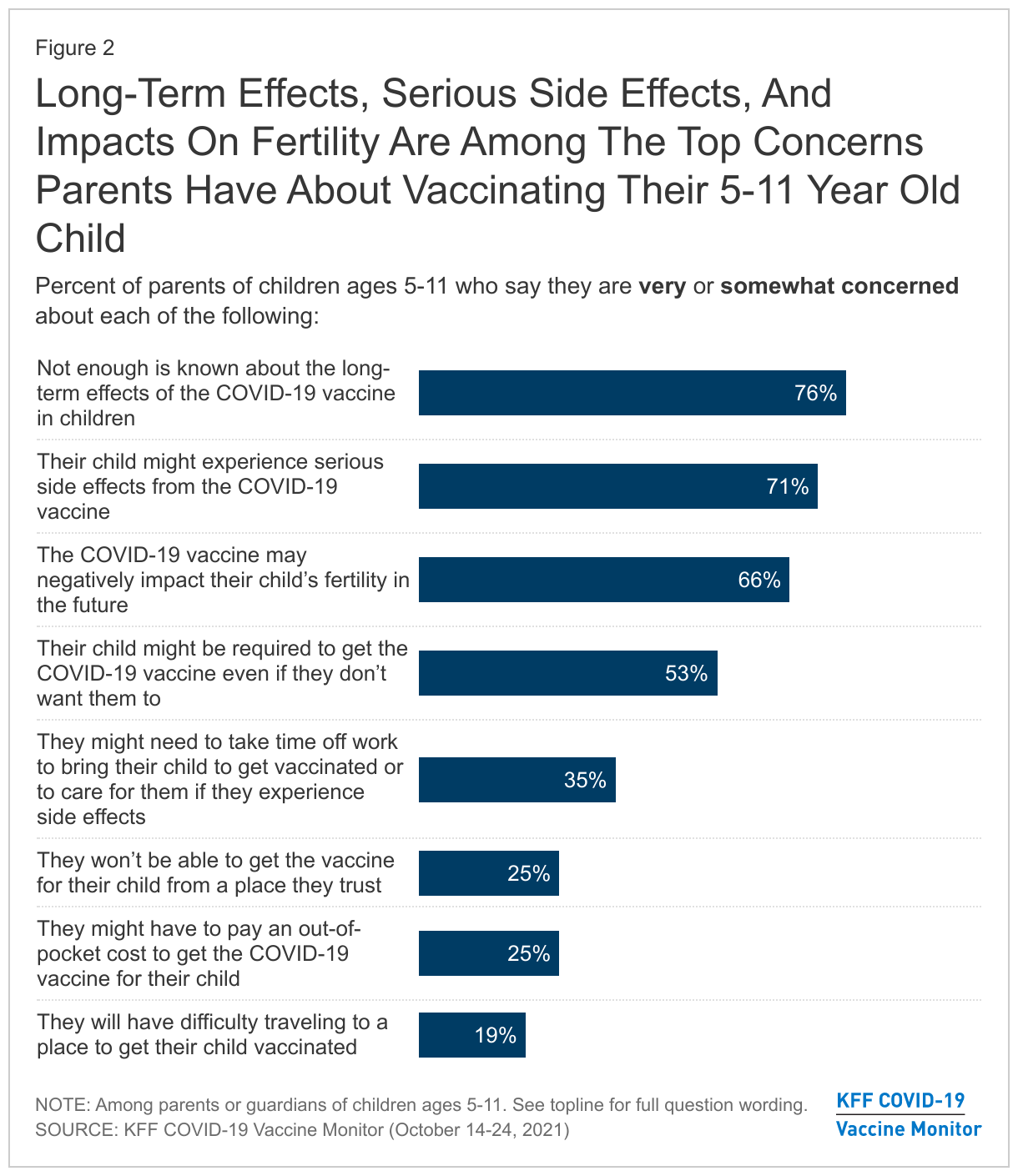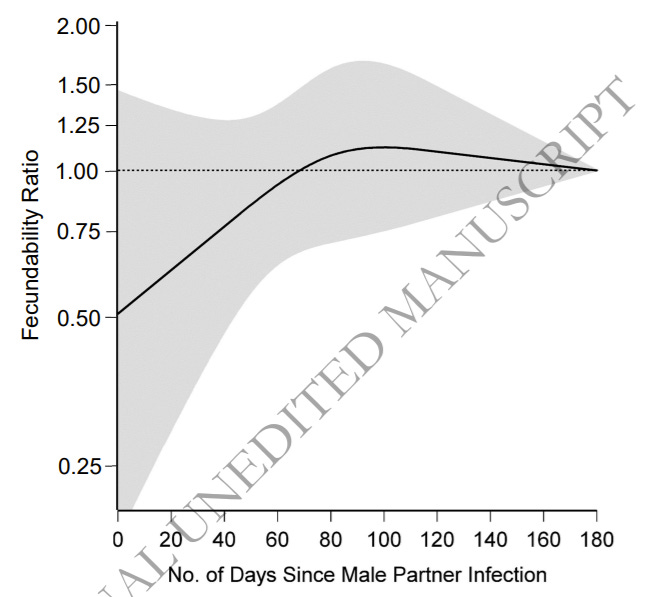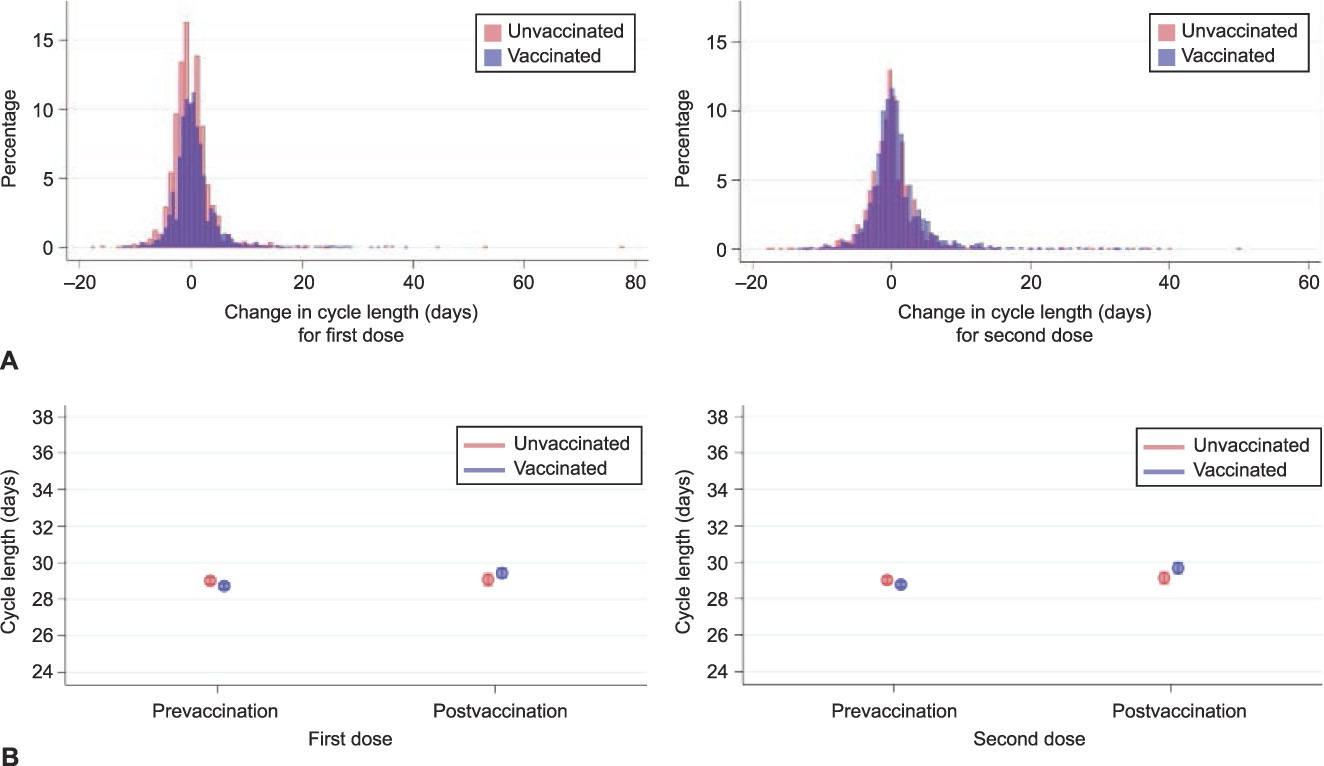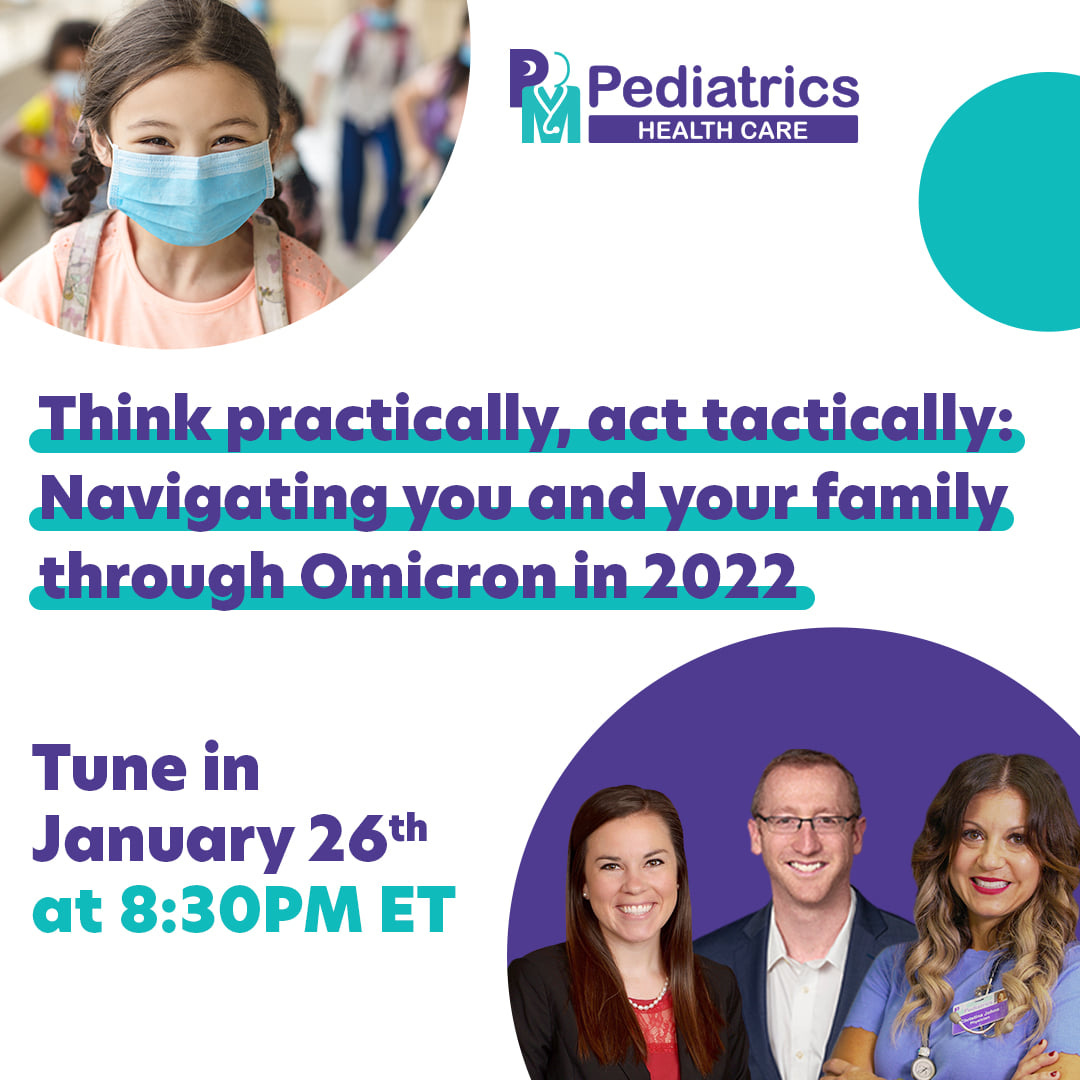Si quiere leer la versión en español, pulse aquí.
One of the top concerns among young adults and parents is that COVID19 vaccines may negatively impact fertility. In fact, the latest Kaiser Family Foundation poll found 2 out of 3 (66%) parents are concerned the vaccine may affect their child’s future fertility.
But there has yet to be any scientific data to suggest this is remotely true. Rumors and myths about COVID-19 vaccine effects on all aspects of reproduction and sexual functioning have stemmed from three specific things during the pandemic:
In December 2020, dis-information originated with a blog post that claimed vaccine-induced antibodies might also attack another human protein needed for embryo implantation and impair placental function. Since then, there have been 3 peer-reviewed studies showing this is not the case (here, here, here). One of the studies compared transferring embryos to women who carried antibodies to SARS-CoV-2 after vaccination to those without antibodies. In the end, antibodies did not affect successful transfer rates during 171 attempts. Regardless, the dis-information did considerable damage by planting a seed of doubt in millions of people around the world before vaccines were even available.
In Spring 2021, fear was further amplified by a number of anecdotal reports of irregular menstrual cycles following COVID19 vaccination. We didn’t see this in clinical trials because there’s the unfortunate, long history of not doing a great job at studying women’s health in research studies. We hypothesized this was a temporary side effect (like a fever) because the immune system impacts almost every organ, including reproductive organs. But we needed to wait on real world studies to confirm. We finally have the science (see below for more details).
And, finally, we need to recognize anti-vaxxer movements, which drive mis/disinformation online and take advantage of this fear. We’ve seen this over and over again with other vaccines (HPV, Hep B,…). In fact, some developing countries still have polio because of the widespread fear that polio vaccines cause infertility.
There is no biological reason we would expect COVID19 vaccines to impact fertility. But confirming the lack of relationship between COVID19 vaccines and fertility is important to gain trust among the public. Two key scientific studies came out in the past two weeks.
Conception study
Last week results from a large landmark preconception study —PRESTO (Pregnancy Study Online)—was published. The scientists enrolled 2,126 females residing in the U.S. or Canada during December 2020-September 2021 and followed them through November 2021. Their male partners were also invited to participate in the study. They were both asked to complete a survey every 8 weeks until they became pregnant, or up to 12 months if they did not. The survey included questions about lifestyle and medical factors, including vaccination status and previous COVID19 infections. The scientists then statistically assessed the chances of conception among vaccinated vs. unvaccinated people and those with previous SARS-CoV-2 infection vs. no infection. What did they find?
73% received at least one dose of a COVID19 vaccine, with a range of 0 and 11 months since vaccination (average was 3.5 months)
7% of people reported a previous positive COVID19 infection
Female vaccination did not have an impact on conception:
Unvaccinated: 539 (19%) got pregnant
One vaccine dose: 676 (18%) got pregnant
Two doses: 565 (18%) got pregnant
Male vaccination did not have an impact on conception
Unvaccinated: 432 (18%) of their partners got pregnant
One vaccine dose: 408 (16%) got pregnant
Two doses: 352 (16%) got pregnant
Female infection from SARS-CoV-2 did not have an impact on conception
Never infected: 1130 (18%) got pregnant
Ever infected: 85 (18%) got pregnant
Male infection from SARS-CoV-2 did not have an overall impact on conception. But, interestingly, males who tested positive within 60 days were 18% less likely to conceive in that cycle. While this was not statistically significant, it is consistent with prior research showing COVID19 infection temporarily impacts male fertility, like poor sperm quality, abnormal morphology, decreased concentration, lower motility, and increased DNA fragmentation (here, here, here, here, here).
This study showed us that conception is not impacted by vaccination by either partner or prior infection among women. Mounting scientific evidence is showing, though, that recent infection among males is impacting conception.
Menstrual cycles
Another landmark study published two weeks ago assessed whether COVID19 vaccination was related to changes in cycle or menses length compared to no vaccination. The scientists analyzed data from a fertility tracking app—Natural Cycles— where 3,959 individuals agreed to share their data for research. Among the vaccinated (2,403 people), scientists looked at data 3 cycles before vaccination and 3+ after vaccination. For unvaccinated people (1,556 people) data was collected for 6 cycles in a row. What did they find?
Vaccination was associated with a less than 1-day change in cycle length.
Interestingly, there was more of an increase in cycle length (~2 days longer) among 358 individuals who received both vaccine doses within a single cycle. Among this group, cycle length returned back to normal after 2 cycles.
This study shows us that, overall, there was only a small, temporary menstrual change in women due to vaccines. This was more apparent among those that received 2 doses within the same cycle. This study confirms our hypothesis: Because the reproductive system is tied to the ovaries, vaccinations create a temporary immune response (which we want), resulting in a temporary side effect. This phenomenon isn’t limited to the COVID19 vaccine; it also happens with the typhoid, hepatitis B, and HPV vaccines.
Long-term effects
Neither of these studies can draw conclusions on long-term effects of the COVID19 vaccine on fertility. Unfortunately we are at the mercy of time. But I want to be very clear that we don’t hypothesize this will happen. There are only two possible ways a vaccine could impact fertility long-term, and we’ve already seen that those pathways aren’t possible:
Vaccine ingredients. The safety profile of the ingredients is well-established. All allergic reactions happen within 15-30 minutes after vaccination. In addition, mRNA degrades within 72 hours. In fact, this is one of the reasons why we didn’t get an mRNA vaccine faster—RNA degrades so quickly we needed to find a good transporter for it. For the COVID19 vaccine, we found fat bubbles work great to carry the RNA. The fat bubbles degrade within 4 days. The vaccine ingredients don’t linger in our body for decades; it just gives the instructions and then leaves.
Immune response to the vaccine. The initial immune phase (called the innate phase), which causes side effects like fever, chills, only takes place over several days. Our immune system then moves into the adaptive phase, which takes several weeks. Then antibody concentrations slowly decline over time and the risk of severe complications due to immunization drops dramatically. This is why, in the history of vaccines, no long-term effects have been identified after ~8-10 weeks post-vaccination. As a population, we have long passed this window with COVID19 vaccines.
Bottom line: There is no evidence that COVID19 vaccines impact any aspect of reproduction and sexual functioning. We do have mounting evidence that COVID19 infection does, though, especially among males. And, once people do get pregnant, there are dire consequences of not being vaccinated.
Love, YLE
For parents still undecided about the vaccine or just those that are trying to navigate this ever evolving and impossible landscape, I’m returning with two of my favorite pediatricians Wednesday night at 8:30 p.m. EST. We’ll talk about the Omicron timeline, updates on COVID-19 vaccines and boosters, home rapid tests and the best masks to wear. This free session walks through each element of a layered approach to staying safe as the pandemic months march on. Register here: https://bit.ly/3KuPTPg
“Your Local Epidemiologist (YLE)” is written by Dr. Katelyn Jetelina, MPH PhD—an epidemiologist, biostatistician, professor, researcher, wife, and mom of two little girls. During the day she has a research lab and teaches graduate-level courses, but at night she writes this newsletter. Her main goal is to “translate” the ever-evolving public health science so that people will be well equipped to make evidence-based decisions. This newsletter is free thanks to the generous support of fellow YLE community members. To support the effort, please subscribe here:









I absolutely love your emails and so appreciate the time you take to share them. They are logical, fact based, and laymen friendly. I have shared them with so m any other people, whether they are on the same page as I am or not. You lay things out so well, those that may lean towards disinformation should have a hard time supporting their theories. Thank you so much for what you’re doing!
So incredibly helpful and "on target" vs the propaganda (with pseudo non real science "explanations") being circulated by the anti vaxx crowd. Unfortunately that crowd will either not encounter the data (or explanation) or will dismiss it "as a product of the mainstream health consensus, beholden to the pharma companies... produced by people afraid of bucking the consensus for (whatever reason)...."